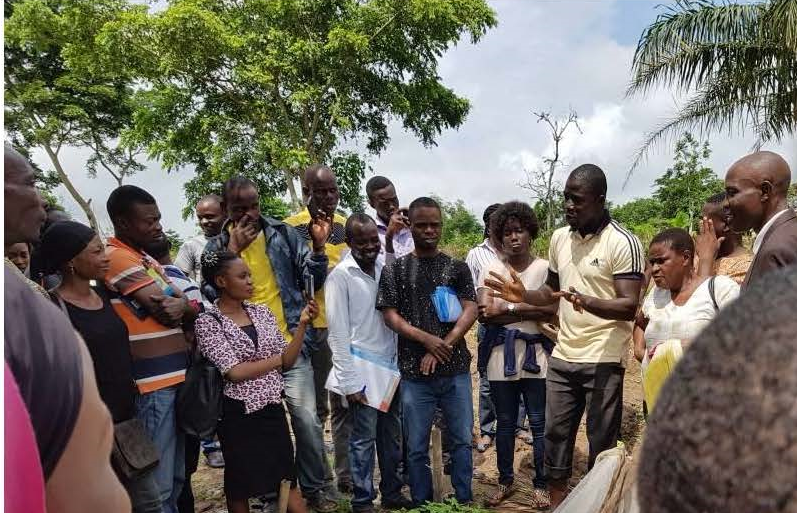
Youth unemployment, a major challenge in West Africa, has only been exacerbated by extreme weather in recent years. The majority of unemployed young people live in urban or peri-urban areas with little access to agricultural knowledge, such as efficient practices and the potential benefits of African indigenous fruits and vegetables (AIFVs) to improve nutrition and increase income generation. To involve youth in agriculture, garden training programs and development of technologies such as mobile apps have been identified as essential tools.
This project, led by Principal Investigator Atanda Oladejo of Obafemi Awolowo University in Nigeria, in partnership with Utah State University, will work within five states in southwest Nigeria to engage youth with efficient soil management practices and digital tools to enhance AIFV production, and subsequently provide employment opportunities. In collaboration with the Ministry of Agriculture, agricultural school teachers, and community leaders, over 200 in- and out-of-school youth will be trained on efficient approaches to producing year-round indigenous fruits and vegetables. This will be achieved through field and screenhouse experiments that will include: the production of seeds and biochar, developing a prototype of a mobile app and a website, training youth on beneficial innovative agricultural practices, and an assessment of the economic impacts of efficient AIFV production as well as the nutritional impact of school garden education programs.
This research is expected to increase awareness of the nutritional value of indigenous fruits and vegetables, increasing their production and subsequent consumption. In addition, this study aims to heighten awareness amongst youth about how to enact efficient soil management practices that will enhance AIFV production, as well as introduce them to digital tools that will help them employ these practices.
